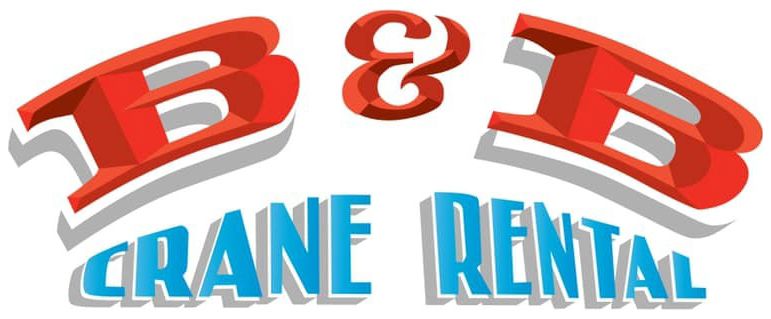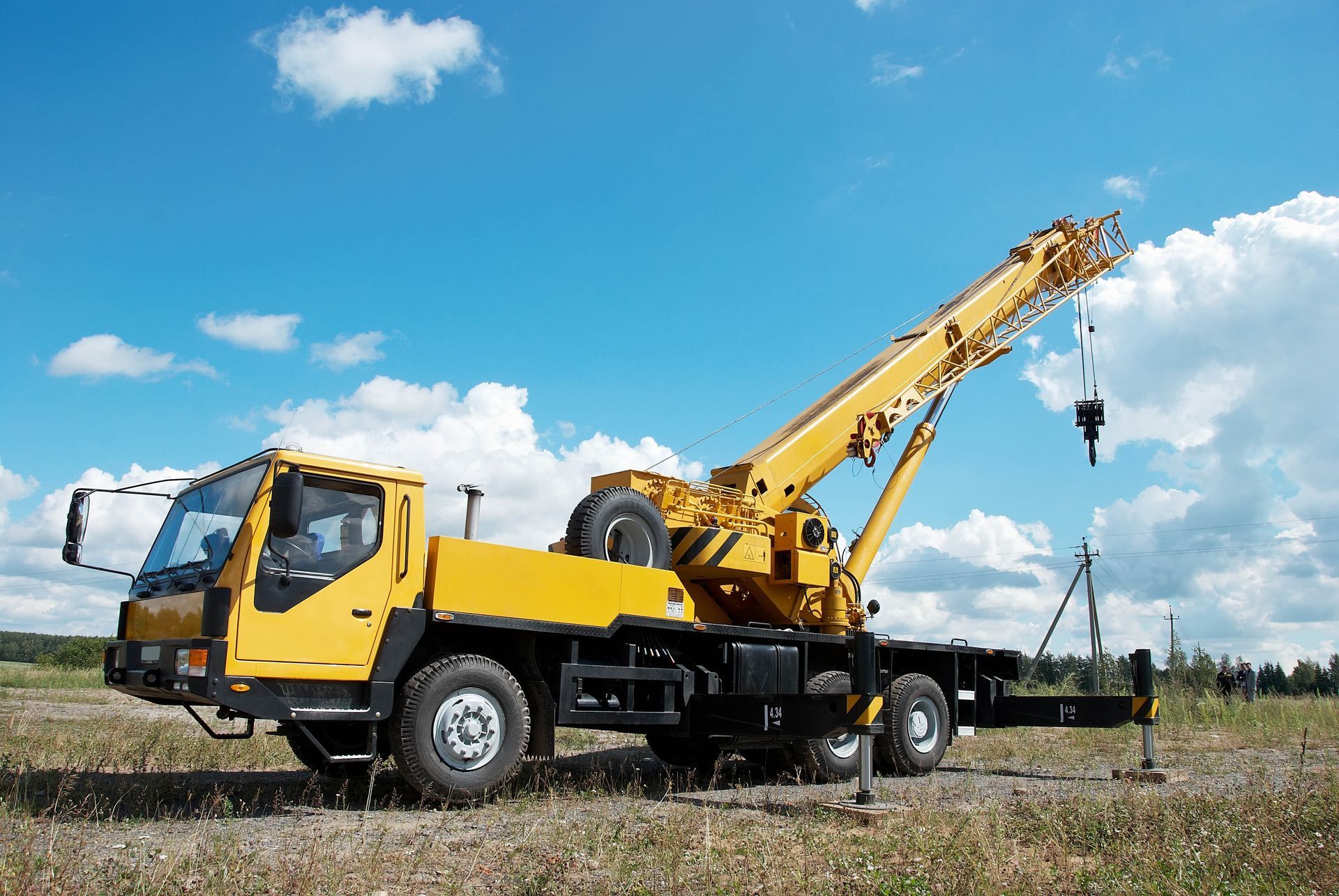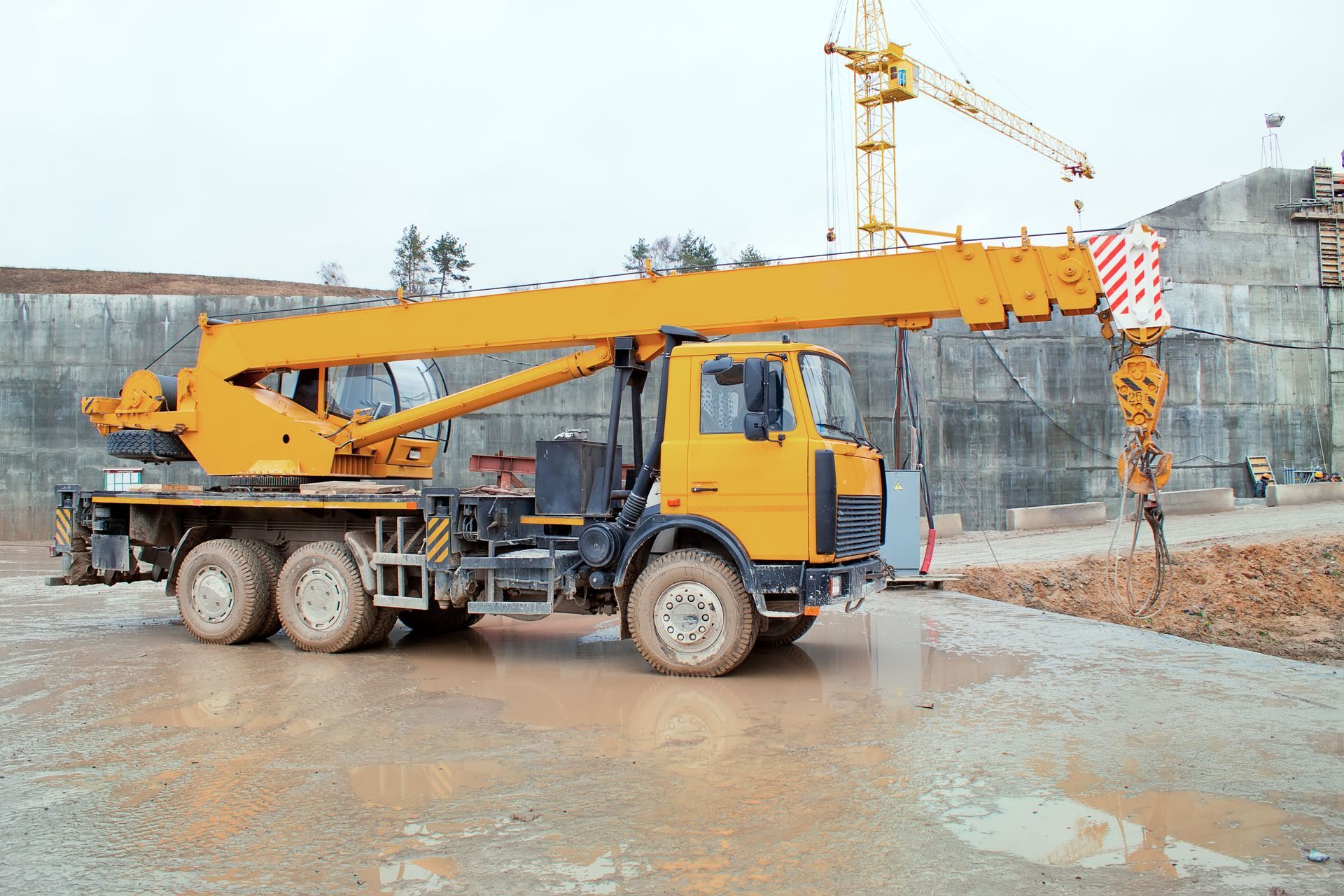October 18, 2025
Crane rental services play a pivotal role in construction, infrastructure development, and industrial projects. From lifting heavy materials on construction sites to facilitating large-scale installations, cranes provide unmatched efficiency and versatility. Choosing the right crane rental service ensures projects run smoothly, safely, and on schedule. In this article, we explore the many aspects of crane rental services, including benefits, types, workforce considerations, technology integration, and sustainability practices, highlighting how they empower businesses to achieve their goals. Additionally, we will explore how strategic planning and innovation in crane rentals continue to shape the future of the construction and industrial sectors.
Benefits of Crane Rental Services
Crane rental services offer a flexible and cost-effective solution for businesses that need lifting equipment without the long-term commitment of ownership. By renting cranes, companies can access specialized machinery suited to specific tasks, from mobile cranes for temporary projects to tower cranes for high-rise construction. Rental services often include expert consultation to determine the optimal equipment for a project, ensuring efficiency and safety.
One of the major advantages of crane rental services is scalability. Businesses can adjust equipment availability based on project size and deadlines, avoiding unnecessary capital expenditure. Additionally, maintenance responsibilities typically rest with the rental provider, reducing operational stress for clients. This flexibility allows companies to tackle multiple projects simultaneously without the burden of purchasing and maintaining a large fleet of cranes. According to the U.S. Bureau of Labor Statistics, as of 2023, approximately 42,260 crane and tower operators were employed in the United States, highlighting the industry’s substantial workforce and its critical role in supporting projects nationwide.
Another key benefit of crane rental services is access to the latest technology. Rental companies often invest in modern cranes with advanced features, enabling operators to complete complex lifts safely and efficiently. This access to state-of-the-art equipment helps businesses remain competitive, especially when handling specialized projects that demand precise performance and reliability.
Types of Crane Rental Equipment
A wide variety of cranes are available for rental, each designed for specific applications. Mobile cranes, including truck-mounted and all-terrain models, offer versatility and mobility for urban or remote sites. Tower cranes provide the lifting capacity and height needed for skyscraper construction and large infrastructure projects. Rough-terrain cranes are ideal for uneven surfaces, while crawler cranes combine stability and heavy lifting power for large-scale operations.
Specialized cranes, such as hydraulic or lattice boom cranes, cater to projects requiring precise lifting or extended reach. A professional crane rental service ensures clients select the right type of crane, maximizing productivity and minimizing risk. Operators are trained to manage the equipment efficiently, ensuring smooth integration with project workflows. By matching equipment capabilities with project requirements, businesses can maintain timelines and optimize resource allocation.
Additionally, crane rental services may offer supplemental equipment such as rigging, lifts, and attachments that enhance versatility and efficiency. This allows projects to proceed without interruption, even when encountering unusual lifting challenges or heavy loads that require specific configurations. The availability of tailored solutions from a crane rental service helps streamline operations and reduces the need for multiple vendors, simplifying project management.
Workforce and Training Considerations
The effectiveness of a crane rental service relies heavily on skilled operators and properly trained personnel. Operating cranes requires precision, technical knowledge, and adherence to strict safety standards. Rental companies often provide certified operators alongside equipment to ensure both safety and operational efficiency.
As the crane industry evolves, continuous training becomes essential. Workforce development programs enhance operator proficiency, particularly with advanced technologies and automated systems. Businesses benefit from collaborating with rental services that emphasize ongoing training, ensuring operators remain up-to-date on the latest safety protocols and operational best practices. Investing in workforce development not only supports efficiency but also promotes safety and reliability, reinforcing the value of a professional crane rental service.
Some crane rental services also provide on-site supervision or consulting services, guiding clients in best practices for equipment use and placement. This additional expertise ensures projects adhere to safety standards while maximizing productivity. It also helps businesses reduce operational risks, maintain timelines, and optimize workforce deployment, even on complex or large-scale projects.
Technology Integration in Crane Rentals
Technological advancements have transformed crane rental services, offering improved efficiency, safety, and project oversight. Modern cranes feature GPS integration, fleet management software, and load monitoring systems that streamline operations. These tools allow rental companies to track equipment usage, optimize deployment, and ensure timely maintenance.
Automation and digital monitoring have also enhanced precision and reduced human error. Crane rental services increasingly leverage these technologies to support clients in achieving accurate lifts and efficient project execution. Training operators to use digital tools is a critical component of modern crane services, ensuring teams can fully utilize technology’s benefits. Companies that integrate technology thoughtfully not only improve operational efficiency but also enhance client satisfaction and project outcomes.
Predictive maintenance is another key advantage of technology in crane rentals. Sensors and analytics track equipment performance in real time, alerting operators and rental companies to potential issues before they cause downtime. This proactive approach reduces maintenance costs, extends equipment life, and ensures reliability on the job site. By combining advanced technology with experienced operators, crane rental services offer a seamless and highly efficient solution for modern construction challenges.
Sustainability and Environmental Practices
Sustainability is becoming a core focus for crane rental services. Companies are implementing strategies to reduce fuel consumption, lower emissions, and minimize environmental impact. Energy-efficient machinery, hybrid cranes, and optimized fleet operations help reduce the carbon footprint while maintaining high performance.
Waste management practices, including recycling of metal components and proper disposal of lubricants, are essential for environmentally responsible operations. By adopting eco-friendly practices, crane rental services support regulatory compliance, enhance reputations, and align with clients’ sustainability goals. Sustainable practices also contribute to long-term cost savings through optimized energy use and reduced resource waste, reinforcing the value of choosing a crane rental service committed to both efficiency and environmental responsibility.
Many rental services now offer green certifications or environmentally focused programs to help clients meet corporate sustainability targets. This approach allows construction and industrial companies to align with environmental objectives without compromising operational efficiency, combining ecological responsibility with practical benefits for project planning and execution.
Planning, Safety, and Risk Management
Safety is paramount in crane operations. Professional crane rental services prioritize regulatory compliance, operator training, and rigorous equipment maintenance to minimize risk. Comprehensive safety protocols not only protect workers but also ensure uninterrupted project timelines.
Risk management strategies, including insurance coverage and detailed contractual agreements, further safeguard operations. Rental companies help clients navigate liability considerations and provide guidance for safe lifting practices. By combining expert planning with advanced technology and trained personnel, crane rental services allow businesses to complete complex projects with confidence, efficiency, and peace of mind.
Effective project planning with a crane rental service often includes site assessment, lift planning, and load calculations. These preparatory steps reduce the likelihood of delays, improve coordination between teams, and optimize the use of equipment on site. When companies partner with experienced crane rental providers, they gain access to expertise that ensures smooth, safe, and timely project completion.
Crane rental services offer businesses an invaluable combination of flexibility, expertise, and access to advanced lifting equipment. From diverse crane types and skilled operators to technology integration and sustainability practices, these services empower projects to meet deadlines, stay within budget, and operate safely. By partnering with a professional crane rental service, companies can leverage specialized equipment, skilled personnel, and innovative solutions to achieve optimal outcomes. In an ever-evolving industry, crane rentals provide the tools, knowledge, and support needed to succeed in construction, industrial, and infrastructure projects. For more information about the services that we offer, reach out to our incredible team at B & B Crane and Rigging today!




